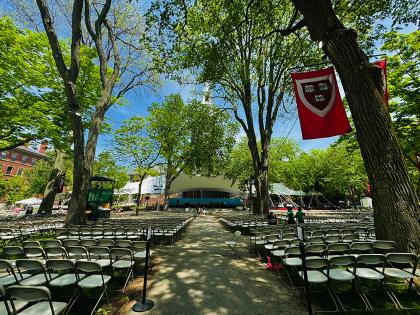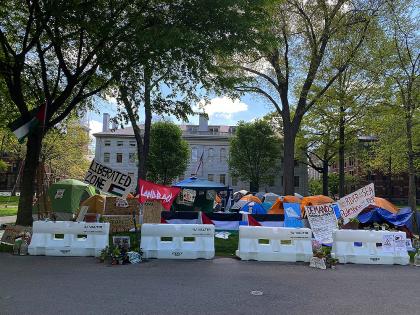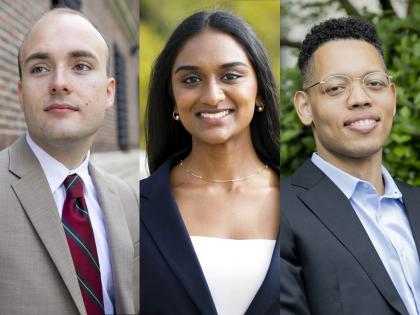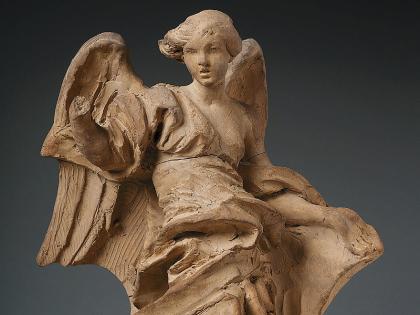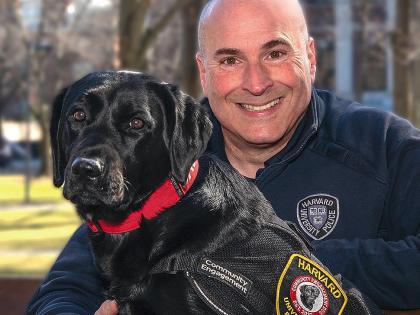The Harvard Corporation has agreed to abandon the controversial Harvard Law School (HLS) shield, per the recommendation of a committee of HLS faculty, students, and alumni released early this month.
“[T]he Corporation agrees with your judgment and the recommendation of the committee that the Law School should have the opportunity to retire its existing shield and propose a new one,” President Drew Faust and Senior Fellow William Lee wrote in a letter to HLS dean Martha Minow Monday. “While we accept the request to change the shield, we do so on the understanding that the School will actively explore other steps to recognize rather than to suppress the realities of its history, mindful of our shared obligation to honor the past not by seeking to erase it, but rather by bringing it to light and learning from it,” the letter adds.
Minow had appointed the committee to study the shield—which displays the crest of a slaveholding family whose fortune endowed Harvard’s first law professorship—in late fall, after portraits of African-American law professors hanging in Wasserstein Hall were found defaced with strips of black tape. Racial justice activists at HLS had been calling for the change throughout the fall, and their demands gained currency after the incident.
In its report recommending dropping the shield, the committee argued that “[M]odern institutions must acknowledge their past associations with slavery. For the Law School, this means reminding ourselves and others of the role of wealth derived from slave labor in its founding and using that knowledge as a spur to promote racial justice…We cannot unsee what we now know, nor should we. The Law School would not today honor Isaac Royall and his bequest by taking his crest as its official symbol.”
Two of the committee's 12 members, Professor Annette Gordon-Reed (one of those whose portrait was defaced in November) and second-year law student Annie Rittgers, presented a dissenting opinion. They argued that abandoning the shield would improperly distance Harvard from its historical links to slavery:
Disaggregating the benefit achieved from the labor of the enslaved—the money accrued from the sale of Royall land—from the ‘burdens’ of being constantly reminded of from whence that money came, and of letting people outside the community know from whence it came, would be an abdication of our responsibility to the enslaved and a missed opportunity to educate.

